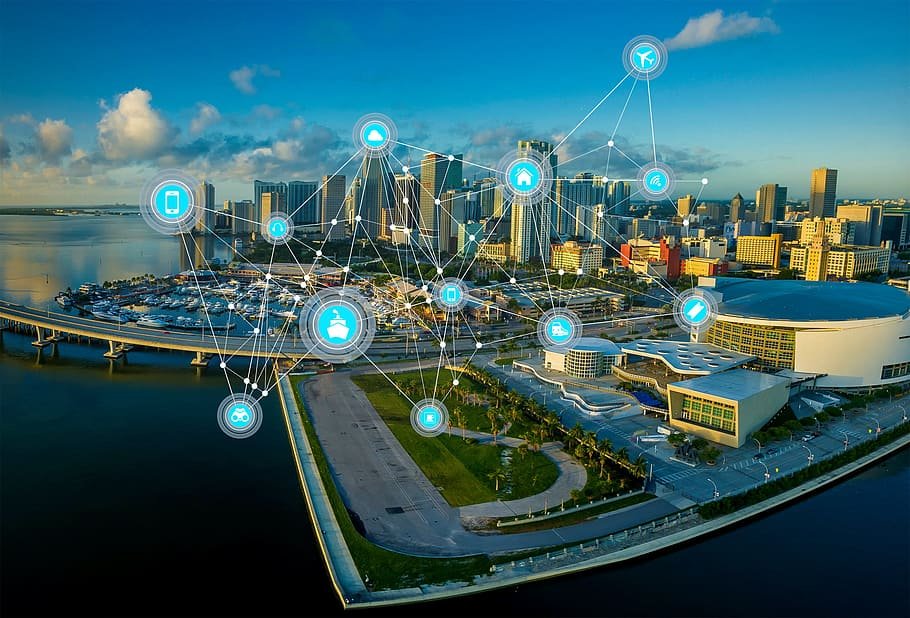Hyderabad: The Ministry of Housing and Urban Affairs has heeded the call from the Telangana government and extended the deadline for the Smart Cities Mission until March 31, 2025. This extension comes in response to requests made during recent deliberations between state and central authorities, underscoring the need for sufficient time to complete ongoing projects under the ambitious initiative.
Previously, the Centre had aimed to wrap up the Smart Cities Mission by June 2024, setting stringent targets for urban rejuvenation and infrastructure development across designated smart cities nationwide. However, recognizing the substantial progress yet the unfinished scope, the decision was made to prolong the mission’s timeline to ensure comprehensive project execution. Telangana, specifically in cities like Warangal and Karimnagar, has seen notable advancements under the Smart Cities Mission. As per official updates, Warangal has already completed 45 projects, with an additional 66 projects worth INR 518 crore currently underway.
Similarly, Karimnagar has completed 25 projects, while 22 projects amounting to INR 287 crore are in progress, reflecting significant investments in urban infrastructure and amenities. The Central government’s directive, as conveyed through an official communique, reaffirms its commitment to completing approved projects within the extended timeframe. It clarifies that ongoing works will continue to receive funding on a priority basis until September this year, emphasizing efficiency and timely completion as paramount objectives. Moreover, the extension entails a strategic approach where no new projects will be sanctioned under the Smart Cities Mission, aiming instead to consolidate efforts towards concluding existing initiatives.
This approach aligns with fiscal prudence and ensures optimal utilization of allocated resources, promoting accountability and transparency in urban development initiatives. The extension of the Smart Cities Mission deadline to March 2025 signifies a collaborative effort between state and central authorities to achieve urban transformation goals effectively. It underscores the importance of seamless coordination and strategic planning in enhancing urban infrastructure, fostering economic growth, and improving quality of life across India’s designated smart cities.


